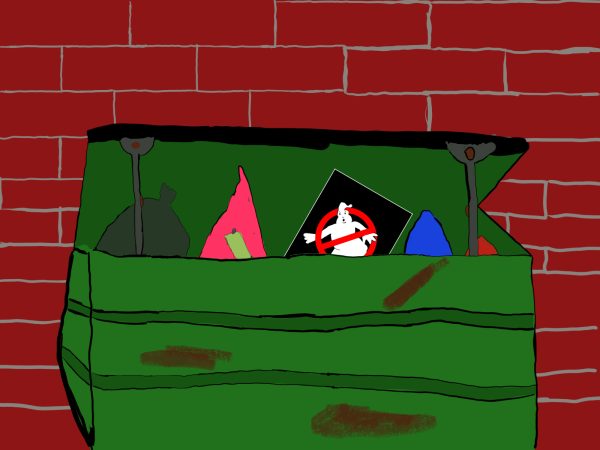Agriculture: the industry of tomorrow
Reporter Luke Krchak ’21 writes about how adding the Intro to Agriculture class is a necessary addition for next year.
Iowa has been a top state for agriculture, ranking number one in the production of pork, corn, soybeans and eggs. With 85 percent of Iowa’s land being farmed, it is no wonder that West High is getting the addition of Intro to Agriculture.
I feel that it was necessary for West High to add in the Intro to Agriculture class for multiple reasons, but mainly because Iowa’s economy is based on the agriculture industry.
It is crucial for Iowans to be knowledgeable in the ways of agriculture so people can know what to buy, what legislation to push for or how they could help find new ways to improve agriculture.
Since 1911, when Iowa State University introduced the first agriculture program, more and more schools have been adding agriculture classes and programs, but in the formation of organizations like the Future Farmers of America (FFA) or the Supervised Agricultural Experience (SAE), the state was able to add in more programs for students to partake in agriculture.
Adding the Intro to Agriculture class is the first step in adding agriculture to the curriculum at West and to working with organizations to get students into the agriculture industry.
This class is built off of three core learning systems: classroom and laboratory work, FFA and SAE.
The classroom and laboratory use contextual, inquiry-based instruction and learning through an interactive classroom and laboratory.
FFA uses premier leadership, personal growth and career success through engagement in FFA, Professional Agricultural Student (PAS) or National Young Farmer Educational Association (NYFEA) programs and activities.
The FFA program has 669,989 students among all 50 states in America, including Puerto Rico and the U.S. Virgin Islands.
SAE uses experimental service and/or work-based learning through the implementation of a Supervised Agricultural Experience Program.
These three learning systems have helped make the agriculture education program strong and viable.
A career in agriculture is more than being a farmer, they can be innovators who want to improve the environment and the technology that improves the agriculture industry.
Agriculture is the way to go for anybody who does not necessarily know what job they want but knows what interests them (Science, Math, History Etc.). Students should take Intro to Agriculture to take the first step into the agriculture industry.
Your donation will support the student journalists of West High School. Your contribution will allow us to purchase Scholarship Yearbooks, newsroom equipment and cover our annual website hosting costs.

Luke Krchak is an online reporter. This is his third year on staff. When he is outside of school he is either writing the next mystery/sci-fi novel, or...
















